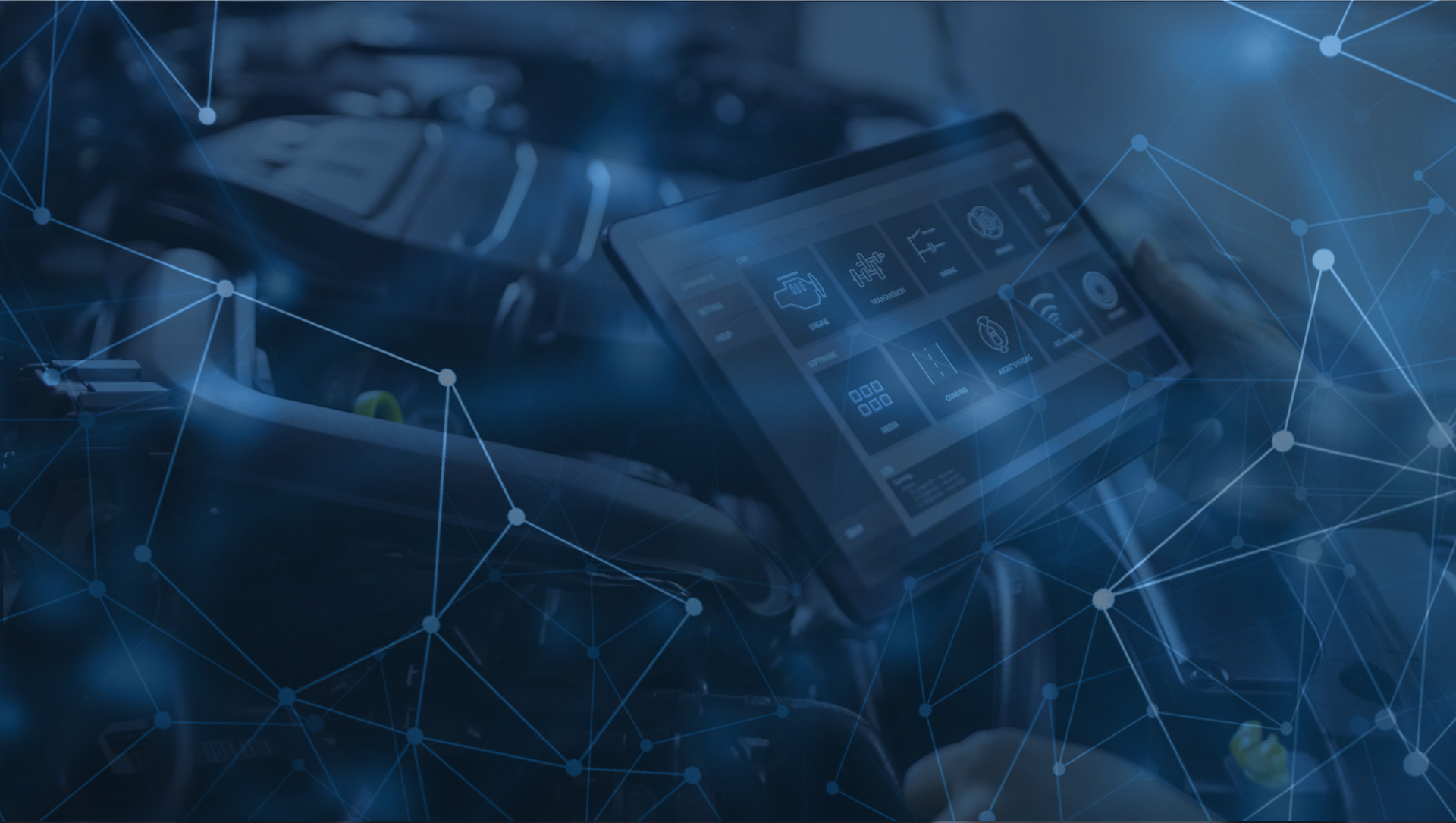Can AI help you bring the right parts to the job site, every time?
Predii Repair Intelligence™ is an AI platform that creates data-driven insights from repair and maintenance data. You can read our Repair Intelligence whitepaper here.
We are fixing First Call Completion. The nearly universal experience of a technician needing multiple visits to fix a given asset remains a frustration for both brand promise and a servicing organization’s bottom line. At the enterprise level, these visits can account for millions in lost revenue. First Call Completion is thus a make-or-break metric for servicing organizations, especially so for those maintaining assets in remote locations. Every trip costs the enterprise, whether the goal is completed or not.
This is an operational excellence problem, more than anything else. Or it might be more accurate to say that individual repair-process complications might be individually caused — by the customer, by the dispatcher, by the technician — but the process itself can only be solved at the enterprise level.
The breakdown in the process is due to several critical factors: communication, training, and access to critical symptom-failure information across multiple product lines. The first person to notice the problem (the customer) is generally not technically suited to accurately diagnose the equipment failure. The person they call to report the problem (the dispatcher) might not be, either — they’ll field calls from hundreds of customers about dozens of product lines, and being mechanically literate in all of them is a Sisyphean task due to products’ increasing rate of technical complexity.
The dispatcher then relays to the specialist technician what they think the customer’s problem is, meaning that sometimes it’s two layers of guesswork sending the tech to the site. Even once they’ve gotten to a technician specialized in the right product line, not all technicians carry the same parts — so they have to hope they’re sending someone with the right inventory.
We are using our Predii Repair Intelligence platform to fix this problem. Our AI solutions learn from years of service records, providing dispatchers with data-driven insights that help them more accurately diagnose the customer’s problem, ensuring that they can send the technician with the right equipment and expertise to perform the repair. But not only do we empower the dispatcher — we also provide insights and guidance to the technician, to ensure they cover all of their bases. These insights come from the same source, and are applied in many different ways: that’s democratized intelligence, enterprise-wide. The end result is that the technician arrives with a much clearer understanding of what needs to be done, and the required equipment to do so.
We create these insights by applying custom AI techniques to the “unnatural-language” of service orders. AI is getting better and better at understanding human language, but generalist AI platforms don’t translate well to the unique format of service orders. These service orders do not always follow the grammatical conventions that generalist natural language processing systems are built to understand, but they do always relate a complaint, cause, and correction. Predii’s patented NLP technology is built to speak complaint-cause-and-correction, enabling us to extract the knowledge inherent to service orders and augment dispatchers with the information they need to keep equipment operating.
The real kicker? All of this only occurs if the problem somehow slips by remote monitoring and predictive maintenance — which we power, too.

Commenti